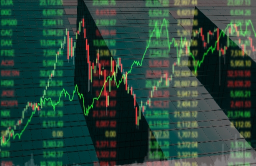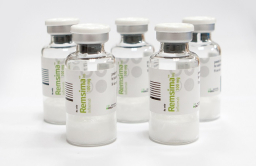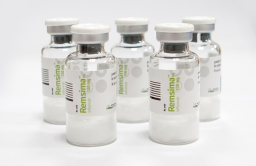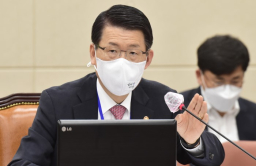-
KOSPI 2577.27 -2.21 -0.09%
-
KOSDAQ 722.52 -7.07 -0.97%
-
KOSPI200 341.49 +0.02 +0.01%
-
USD/KRW 1396 -2.00 0.14%
Retail investors test Celltrion, HLB shares as Korea’s GameStop
Campaign against short-selling
Retail investors test Celltrion, HLB shares as Korea’s GameStop
By
Feb 01, 2021 (Gmt+09:00)
3
Min read
News+
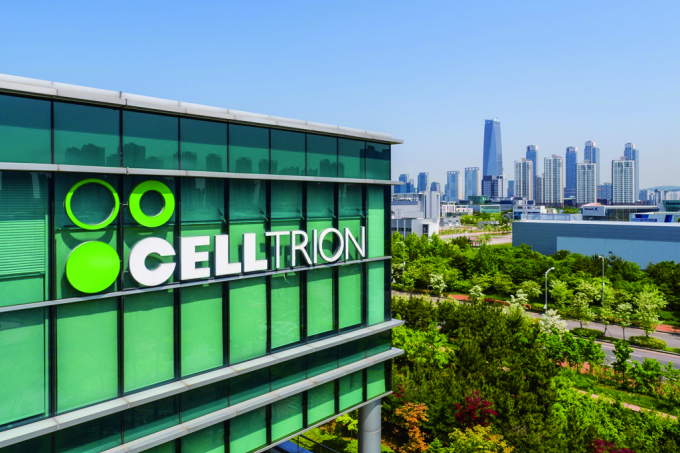
Celltrion Inc. and HLB Inc., two leading South Korean biopharmaceutical shares, shot up on Monday as the main bourse’s key index climbed back above the psychologically important 3,000 points.
The usual suspect behind Celltrion’s rally was its announcement during the day that its biosimilar drug, Remsima SC, obtained sales approval in Canada. Some market pundits, however, say that it was caused by individual investors’ move to defy short sellers – just like their US peers acted against hedge funds in the surge of GameStop Corp.'s shares.
On the Kospi market, Celltrion soared 14.5%, its biggest percentage gain in 10 months, to close at 371,000 won on Monday. HLB, an anti-cancer drug maker listed on the junior Kosdaq market, finished up 7.2% to a four-week high of 96,500 won.
GameStop, a US video-game retailer, has been on a stupefying 1,600% run over the past three weeks after it had became a battleground – swarms of smaller investors amassed its shares in defiance of hedge funds who shorted the shares, betting that the struggling video game retailer’s stock would fall.
ANTS DEFY RESUMPTION OF SHORT SELLING
The counterattack, directed at large funds and other Wall Street titans, was likened to a similar move by Korean retail investors, often referred to as The Ants, given their relatively small influence on the equities market.
A group of influential Korean retail traders on Feb. 1 declared war against short-sellers, vowing to launch a campaign against the resumption of the practice, which they claim is unfair and hurts their stock trading.
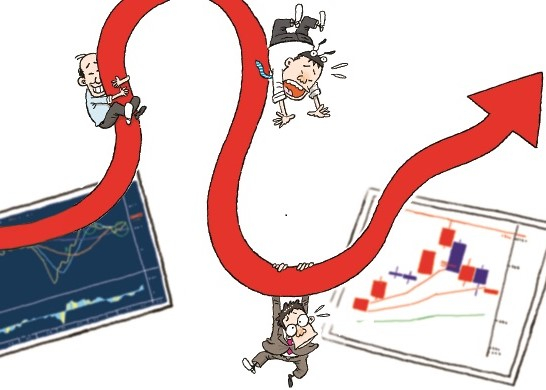
Biotech plays such as Celltrion have been heavily shorted mostly by foreign investors and institutions on the local bourse, often leading to a sharp fall in their stock prices and incurring losses to smaller investors who own them.
As of Jan. 27, Celltrion’s stock had 2.15 trillion won ($1.92 billion) worth of short-selling orders, the largest amount in balance on the main bourse. HLB had 313.8 billion won in such amount outstanding, the biggest on the junior market.
On Monday, foreign investors bought more than 350 billion won in Celltrion’s stock, while individuals sold some 430 billion won worth.
SHORT-COVERING BY FOREIGN INVESTORS
“As Celltrion’s stock is expected to rise, foreigners who earlier dumped the shares in short-selling, had to buy them back in the market to cover their short positions and limit their expected losses,” said Lee Han-young, a chief fund manager at DB Asset Management Co.

The push by the alliance of smaller investors is aimed at making permanent a ban of short-selling imposed by the Korean government early last year to tame volatile movements on the stock markets amid the pandemic.
Last March, the Financial Services Commission implemented a six-month ban on short selling until Sep. 15 and then extended the ban again until March 2021.
Over the weekend, the financial regulator and the ruling Democratic Party hinted that they may again extend the short-selling ban for three months to appease retail investors ahead of the local elections in April.
A senior official of the International Monetary Fund (IMF) last week warned against the extension of the ban, saying that Korea’s economic and financial market conditions have now improved to lift the ban.
Write to Hyeong-Ju Oh and Byeong-Hun Yang at ohj@hankyung.com
In-Soo Nam edited this article.
More To Read
-
Feb 01, 2021 (Gmt+09:00)
-
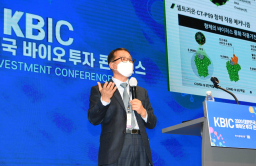 COVID-19 treatmentCelltrion seeks to distribute COVID-19 treatment from mid-Jan
COVID-19 treatmentCelltrion seeks to distribute COVID-19 treatment from mid-JanDec 29, 2020 (Gmt+09:00)
-
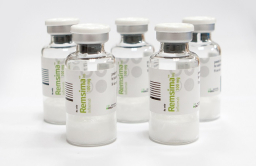 COVID-19 treatmentCelltrion says COVID-19 antibody kills virus within 5 days; shares surge
COVID-19 treatmentCelltrion says COVID-19 antibody kills virus within 5 days; shares surgeNov 11, 2020 (Gmt+09:00)
-
Sep 10, 2020 (Gmt+09:00)
-
Sep 15, 2020 (Gmt+09:00)
-
Aug 27, 2020 (Gmt+09:00)


